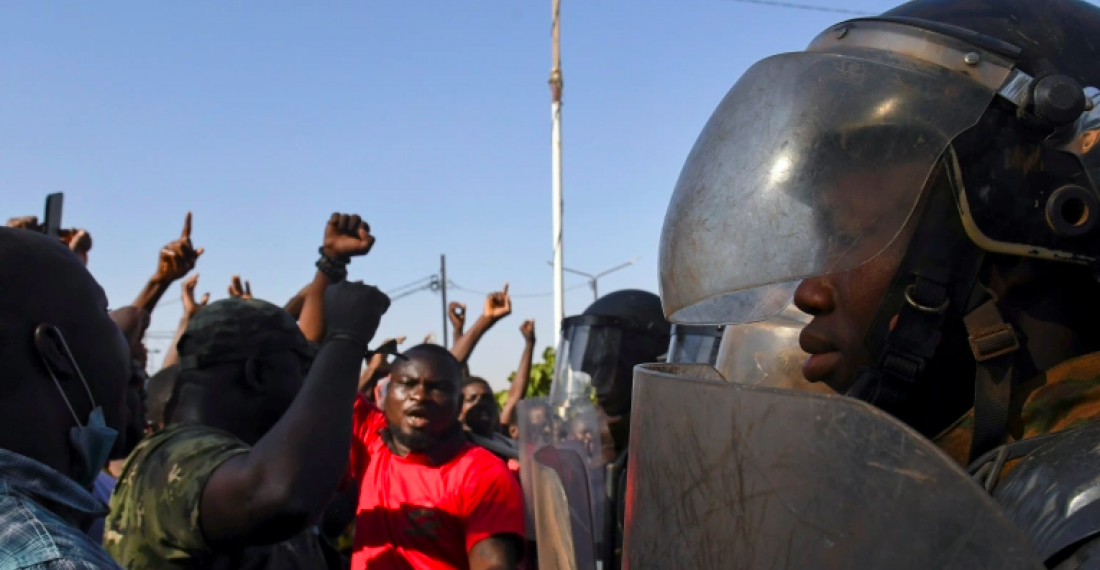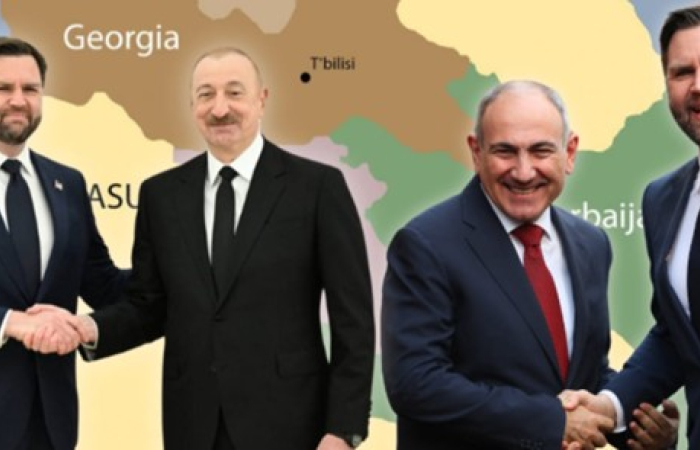Thousands of demonstrators took to the streets of Ouagadougou on Saturday (27 November), demanding the departure of President Roch Marc Christian Kaboré, as the country's security situation continues to deteriorate.
The demonstrations quickly escalated into a confrontation between the security forces and the demonstrators. Police fired tear gas at the few hundred demonstrators who wanted to reach Revolution Square, in the city centre. Some young people set fire to tyres and fired projectiles at riot control units. Others vandalised part of the registry office after trying to burn down the Ouagadougou town hall building.
Popular disturbances have raged unabated for two weeks in Burkina Faso, triggered by the worst attack on record against the army on 14 November. At least 57 people, including 53 gendarmes, were killed in Inata, in the north of the country in amid a jihadist surge of violence.
Speaking on national television on Thursday night, president Kabore promised a cabinet reshuffle and to put an end to the “dysfunctions” within the army. “I will watch scrupulously, more than in the past, on the questions of logistics, bonuses and reinforcement of the operational capacities of our combatant forces”, he promised, announcing “disciplinary consequences” in the near future, following the Inata attack.
The government's decision to extend the suspension of mobile internet access, which constitutes 70% of national traffic, “for a period of 96 hours”, or eight days of cut-off, “for security reasons”, has added to the frustrations of the population in this poor Sahel country. “We have never seen this in Burkina Faso, we are prevented from informing ourselves and from working”, said one protester whose livelihood depends on online sales.
The United Nations’ special envoy to West Africa said on Thursday he was concerned about the situation in Burkina Faso and warned against any military takeover, following coups in three neighbouring countries over the past year.







